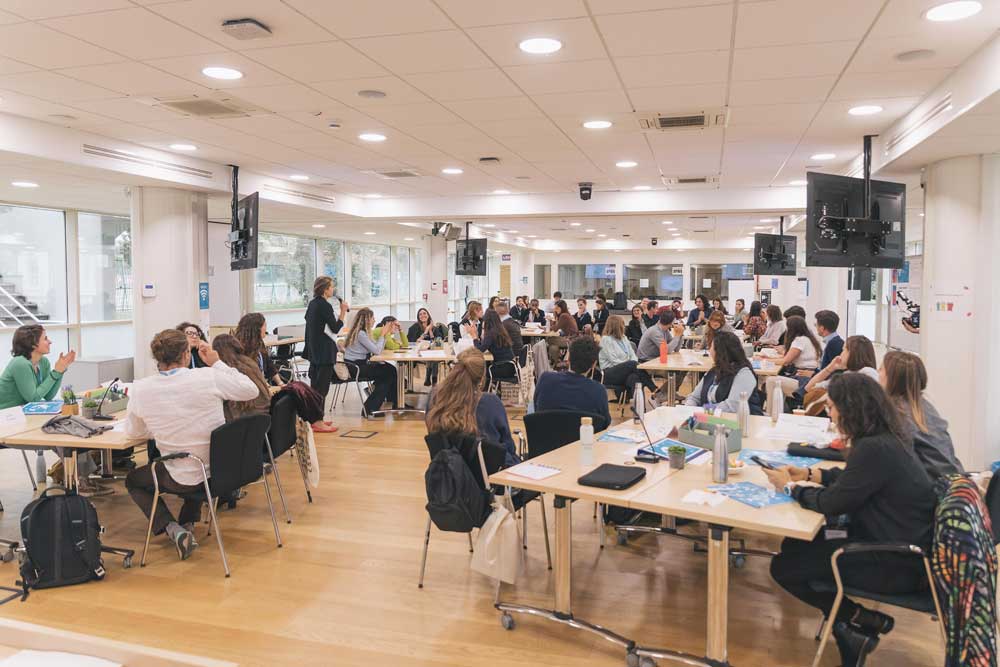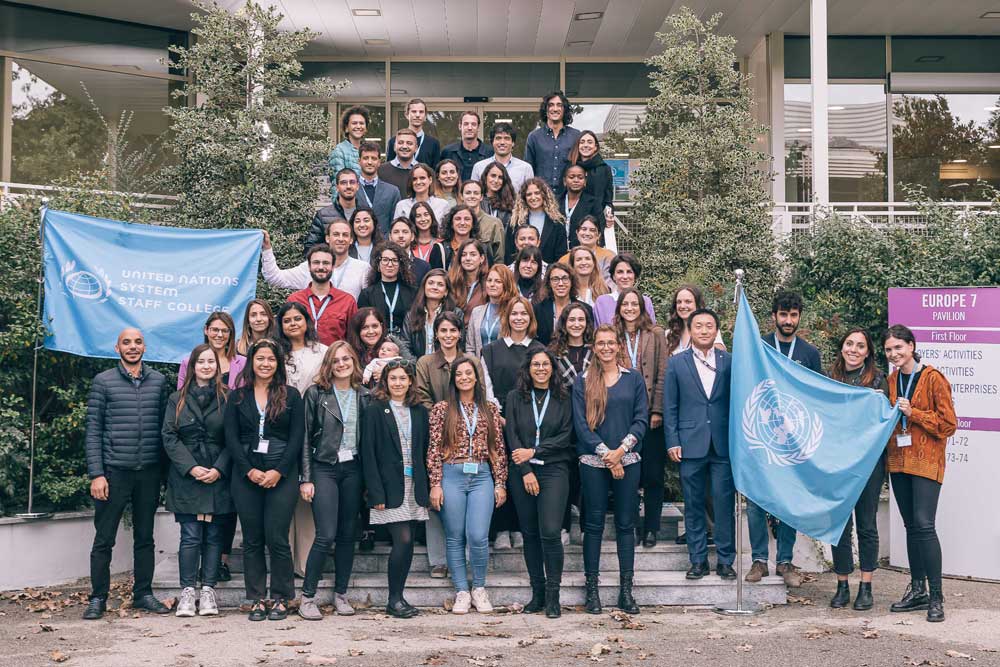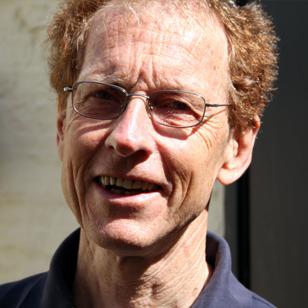From JPO to UN leadership: 3+1 takeaways from Dag Hammarskjöld
Fresh from completing a PhD in economics at Ghent university, and without much work experience, in 1978 I set off to Côte d’Ivoire for my first Junior Professional Officer (JPO) posting with the International Labour Organization (ILO). I was later transferred to ILO Kenya and served as a JPO again from 1980 to 1981. I ended up spending my entire working career in the United Nations (UN), serving in the field (Côte d’Ivoire, Kenya, Ethiopia, Malawi, and Pakistan) and at headquarters in New York with the International Labour Organization (ILO), United Nations Development Programme (UNDP), United Nations Children’s Fund (UNICEF)and the World Bank.
The takeaways I share below are based on three quotes from Dag Hammarskjöld that both inspired and guided me throughout my career. Mr Hammarskjöld was the UN Secretary-General from 10 April 1953 until 18 September 1961 when he died in a plane crash while on mission in Congo.
In my opinion, he is one of the most inspiring leaders the UN has ever had.
- “Sit on the ground and talk to people; that’s the most important thing”.
This was the kind of advice Hammarskjöld gave to his colleagues who often went to the field. It was his way of gently reminding them that there were many things they didn’t know or fully understand. It is not uncommon for people with some form of higher education to believe they are more intelligent than others, I think . John Kenneth Galbraith excellently showcases this type of limited self-awareness by distinguishing between two types of experts, ‘those who don’t know, and those who don’t know they don’t know’. In line with this Daniel Kahneman also speaks of our ‘almost unlimited ability to ignore our ignorance’. I believe Ignoramus is an essential part of the cycle of learning-unlearning-relearning. Only those who are cocksure do not need to explore any further. It is an essential part of the cycle of learning-unlearning-relearning. Only those who are cocksure do not need to explore any further. is an essential part of the cycle of learning-unlearning-relearning.
2. “A heightened awareness combined with an inner quiet”.
These are essential qualities an international civil servant should possess, in Hammarskjöld’s view. What he calls ‘heightened awareness’ relates to the many cognitive biases we all have. Let us dwell on the three most hardwired ones. First, is confirmation bias, the tendency to interpret new information in such a manner to make it fit with pre-existing convictions and beliefs. Second is conformity bias, when we take cues from others on our behavior, thoughts, and attitudes, rather than exercising our own judgment. Third is repetition bias, we accord more credence to things that are frequently repeated. Kahneman explains, ’a reliable way to make people believe in falsehoods is frequent repetition, because familiarity is not easily distinguished from truth’. Even though our biases are hardwired, they should not disparage us. Just by being conscious that we are not immune to them will considerably diminish their impact, albeit not eliminate them entirely. Add to it ‘an inner quiet’, and the acceptance that you will make mistakes in life. Making mistakes is not a problem, not learning from them is. Beating yourself up, regretting the past, and fearing the future are useless and destructive.

3. “Never for the sake of peace and quiet deny your convictions”.
Both for the individual and the organization, it is good not to blindly follow the views of others at the expense of one’s personal convictions. Standing up for your convictions is not only invaluable for mental health and job motivation but also a part of your duty. Big organizations have sufficient yea-sayers and need people who dare to challenge by asking tough questions. Bosses will not like it, but they will respect you for it, because they will know that you are not indifferent, that you really care about your work and organization’s mandate. Personal convictions are best voiced by keeping your emotions at bay and backing them up with robust evidence. This is easier said than done, but with practice you will develop this capacity.
The importance of luck
This blog post would be incomplete without a word about luck, as several key aspects of my UN journey were shaped by factors beyond my control. It is sobering for me to reflect on how it all could have been different had luck not been on my side. We readily attribute success to hard work, intelligence, and abilities, whilst blaming failure on others, on adverse circumstances, or on the system. But as Kahneman argues, ‘luck plays a large role in every story of successes. The omnipresence of luck and coincidence does not make effort and talent redundant. Yogi Berra once said, ‘When you come to a fork in the road, take it’.
My advice to young professionals at the start of your career in the UN is to take each of the many forks you will encounter in life and do it without fear and with an attitude of confident humility and intellectual curiosity. For the Spanish poet Antonio Machado puts it well, ‘No hay camino, se hace camino al andar’. You create the path simply by walking, essentially by moving forward you create the way.
Being a JPO has deeply influenced me on a personal level as well. In Côte d’Ivoire, I met a young architect from Lima (Peru) who was working as UN Volunteer with UN-Habitat. We eventually got married and we have been happily together ever since, our two daughters were born in Nairobi, Kenya.
Working in different contexts and living in different cultures is not always easy, but it is immensely enriching. There is no ‘correct’ path, you just have to walk; listen to others and show respect. Lastly, gain heightened awareness and the strength to never deny your own convictions.
My time in the United Nations has largely shaped the person I am today. Now retired, I often wonder whether my contributions are anywhere near the personal benefits I gained. Nevertheless, it has been a fantastic adventure!

